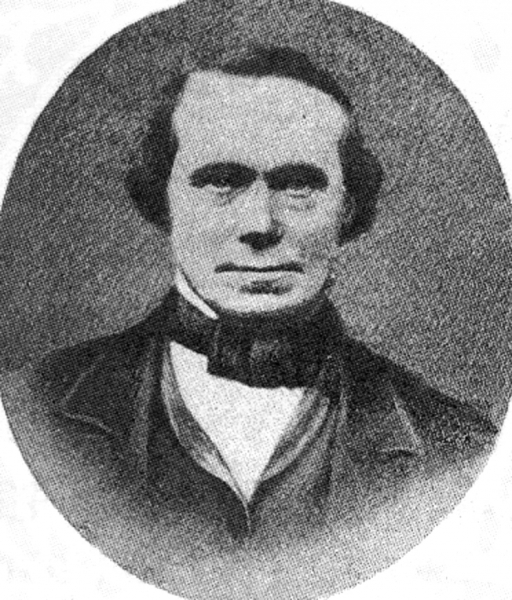
Henry Ward trained his two sons, Edwin and Rowland, in taxidermy, and both followed him into the trade. Edwin, the elder son, set up business on his own account in about 1865, initially at 11, Thayer Street, Manchester Square (not far from his father's premises); he moved the following year to 24, Wigmore Street (also close by). In 1870, he moved to 60, Wigmore Street, acquiring in addition 49, Wigmore Street shortly afterward. The latter became and remained his business address until his retirement in 1879. Edwin was the first member of the family to receive the patronage of the Royal Family when, in 1872, he mounted the head of a fine wild white Bull shot at Chillingam Park in Northumberland by the Prince of Wales (later Edward VII); this trophy is still at Sandringham. He set up several Bears as dumb waiters, including one for the Prince of Wales. Edwin Ward retired in 1879, and George Butt, who had been his manager for some years, carried on the business under the same name. This incensed Rowland - by this time in business himself - who eventually bought him out. Prior to the effect that he was now the only member of the Ward family still in business, and often incorporated this information into his advertisements. Edwin Ward married Georgina Butt, who we think was a relation of his manager, George Butt. He emigrated to America some time after his retirement, and was next heard of in an article in the Pasadena and Valley Union on January 30th 1885. He is referred to as 'General Ward' in this article, which announced his intention of setting up an ambitious museum. He had apparently purchased several properties in Pasadena, and was appealing for help in securing specimens for his museum. It was to be formed along similar lines to the National Museum in Washington, which Edwin had visited and admired. Unfortunately his land speculation turned out disastrously, and he died in America broken and disappointed. He had three sons and one daughter. One of his sons, Herbert, married Sarita, and she (Sarita Ward) in 1927 published a book entitled A Valiant Gentleman, in which she described Edwin, her father-in-law as a 'naturalist and sculptor'. Rowland Ward makes reference to : "My relative, Herbert Ward, of Paris, who as with Stanley on the Congo, and is well known for his writings and bronzes." The former apparently included My Life with Stanley's Rearguard and Five Years with the Congo Cannibals, and he received several medals in Paris for finely executed groups of Congo natives in bronze. Presumably, this is the same Herbert Ward i.e. Edwin's son, Rowland's nephew. Edwin Ward, like his brother, seemed to specialize in big game taxidermy, and few cases of anything else appear to exist. There are though, cases by George Butt executed under his own name, obviously after he had been bought out by Rowland Ward. Butt continued to produce Bears as dum waiters and other things of this kind, and remained in Edwin's former premises in Wigmore Street. Around 1904, he moved to 39, Edgware Road, and continued in business from there.
We have bought major collections from museums and private collectors.
Offer your items here.
Taxidermy law can be complicated.
We make it our business to know the laws surrounding the trade, keeping up to date with changes in current legislation so you can buy in confidence.
The House of Taxidermy does not source modern taxidermy specimens that have been killed for the purpose of taxidermy. Our modern taxidermy is mainly roadkill and catkill as these are sadly the top two threats to British wildlife. We also get animals that have died of old age, largely from zoos and falconers.
Antique pieces for us are another matter. Although some of these old specimens were hunted, we see no harm in trading them today.
Destroying them will not bring the animal back.
Copyright © 2026 House of Taxidermy. All rights reserved.

